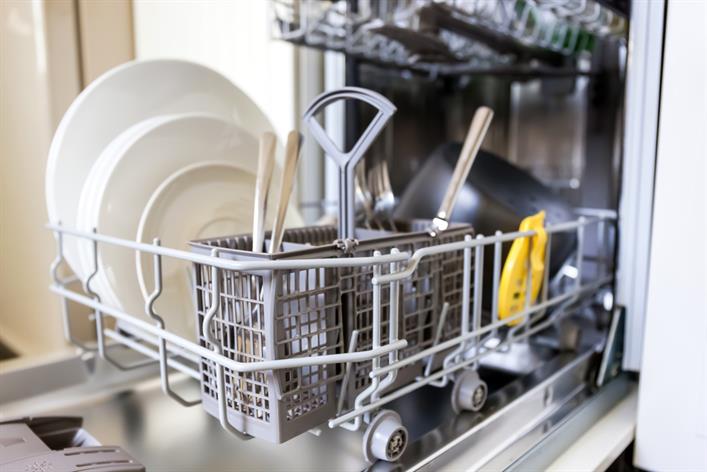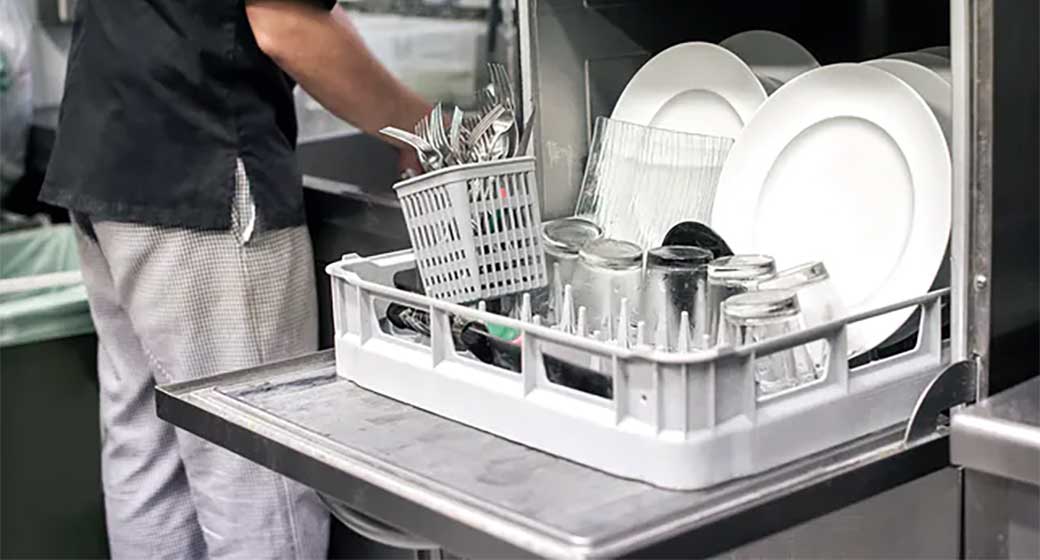This great article listed below involving The Most Common Dishwasher Problems is immensely entertaining. Don't miss it.

Having your dishwasher failure or breakdown can be a big deal as well as cause some pain in your home. Dishwashing machines are machines that we make use of to tidy meals and also flatwares automatically to conserve us the anxiety of manually doing it.
Like every other maker that relieves human effort, dish washers can break down as well as develop some mistake eventually in time. There are numerous mistakes your dishwashing machine could create, and while several of them can be fixed by changing some components or fixing them, other more serious problems will call for that you obtain a new dish washer.
This post will recognize a couple of common mistakes your dish washer might develop to impede its overall efficiency as well as how these mistakes can be fixed.
Common Faults
Usual dishwashing machine faults can range from small to significant ones. Depending on the level, you will either require the services of professional plumbing professionals to fix or change it.
Some of one of the most typical faults consist of:
Leaky Dish washer
This is probably one of the most everyday dish washer issue, and also fortunately is that it is very easy to determine. Leakages happen as a result of several factors, and the leakages can make a mess of your kitchen area. Usual root causes of dishwasher leaks consist of;
Bad-Smelling Dishwashing machine
This is an additional usual dish washer trouble, and also it is mainly caused by food particles or oil sticking around in the machine. In this case, look for these particles, take them out and do the dishes without any dishes inside the machine. Wash the filter thoroughly. That will help get rid of the negative scent. Make sure that you get rid of every food bit from your meals before transferring it to the device in the future.
Inability to Drain
Sometimes you might see a huge quantity of water left in your bathtub after a laundry. That is probably a drainage problem. You can either examine the drainpipe pipe for damages or obstructions. When doubtful, get in touch with a specialist to have it inspected as well as repaired.
Does not clean properly
If your recipes as well as cutleries come out of the dishwasher as well as still look filthy or unclean, your spray arms might be a trouble. In most cases, the spray arms can get obstructed, as well as it will require a fast tidy or a replacement to work properly once again.
Conclusion
Some of these usual dishwashing machine mistakes can be taken care of quickly at home, yet in many cases, the mistakes could be massive as well as may call for the focus of experts. If you reside in Rochester, Syracuse, and various other parts of America, allowed the experts properly detect what could be wrong with your dishwasher and also extend a service.
We additionally mount dishwashing machines if you just acquired a brand-new one or intend to change your very own. With our many years of experience in the sector, we are sure to offer you the very best feasible services.
8 Most Common Dishwasher Problems & How to Fix Them
My Dishwasher Isn't Draining
If your dishwasher isn't draining properly, you may be having an issue with your dishwasher's drainage system. This can be caused by a variety of issues:
Clogged drain: The dishwasher's drain may be clogged with food particles or other debris. Malfunctioning pump: The dishwasher's pump is responsible for moving water through the system and out of the drain. If it's damaged or not working correctly, it could cause a drainage failure. Broken or clogged hose: The dishwasher's drain hose may be broken or clogged, causing water to back up in the system. How to Fix Dishwasher Not Draining
Check the drain for any blockages. A clogged or kinked hose will prevent water from properly draining out of the dishwasher. Use a plunger or a pipe snake to clear any debris that may be blocking the drain. Check the dishwasher's pump for damage or malfunction. Consult the manufacturer's manual or call a professional appliance repair service if you think the pump may be the issue. Check the drain hose for any damage or blockages. The hose should be straight and free of any debris or kinks. Check the drain pump filters for any blockages if the hose is clear, but the dishwasher is still not draining. Some dishwashers have filters that can become clogged with food particles or debris. Cleaning or replacing the filters may help resolve the issue. Run a dishwasher cycle to make sure the water is properly draining out. My Dishwasher Is Leaking
A leaking dishwasher can be frustrating. There are a few possible causes that you can investigate to try and diagnose the issue:
Inspect the dishwasher for any visible signs of damage or wear and tear. Look for cracks or holes in the door and around the rubber seal. Check the hoses and pipes connected to the dishwasher for any signs of leaking. If there is no visible damage, you may hear the sound of water dripping or the sound of the water pump running. This might mean a problem with the water inlet valve or the drain pump. You may also notice a puddle of water on the floor near the dishwasher. This could indicate a blocked drain hose or a faulty drain pump. Finally, check the seals around the door and the door for any signs of damage, wear and tear, or improper installation. If any of these issues are present, they must be fixed immediately to avoid further water damage. How to Fix a Leaky Dishwasher
Identify where the leak is coming from. The most common places for a dishwasher to leak include the door, hoses, and pump. If the leak is coming from the door, the gasket or seal may need to be replaced. If the leak is from the hose or pump, the damaged parts should be replaced with new ones. Finally, check all the connections and make sure they are secure and not leaking How to Fix a Dishwasher That Won't Start
The perfect remedy for a dishwasher that won't start is confirming all the components are in perfect working order and that the wiring is in good condition. Next, inspect the motor and replace it if necessary.
If these steps do not resolve the problem, contact a professional appliance repair technician to diagnose and fix the issue.
Conclusion
Most dishwashers are reliable appliances with a long lifespan. As with all devices, checking your dishwasher regularly will help you quickly identify any issues and ensure that it is running efficiently.
And if you're in the market for a new dishwasher, don't let dishwasher problems ruin your day. Upgrade to a reliable, efficient model today! Check out our full selection of top-quality dishwashers that includes a range of styles and features to suit any budget and household needs.
https://www.coastappliances.ca/blogs/learn/common-dishwasher-problems

I am just very fascinated by Common Dishwasher Problems and I'm hoping you liked the entire entry. Enjoyed our posting? Please share it. Let someone else check it out. I praise you for your time. Visit us again soon.
Details Here